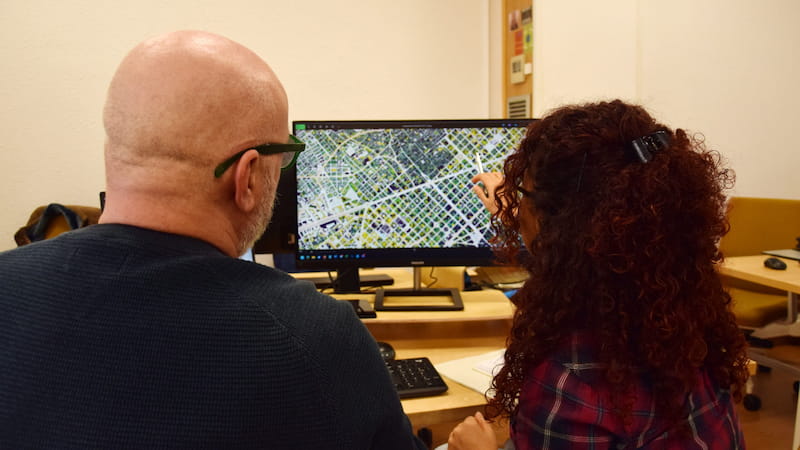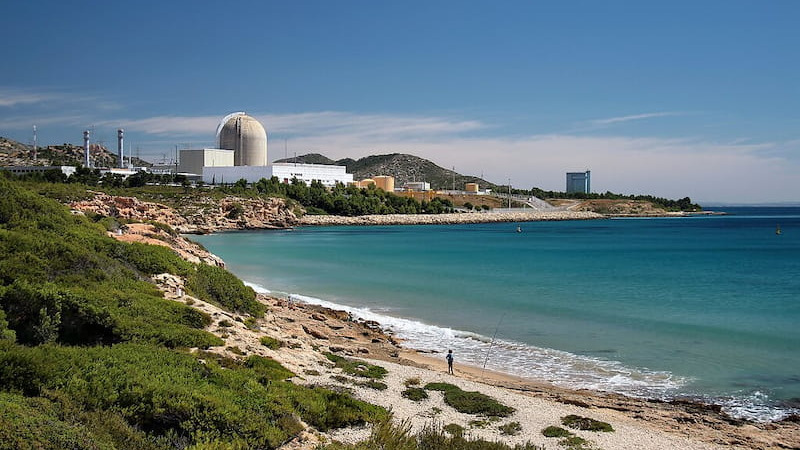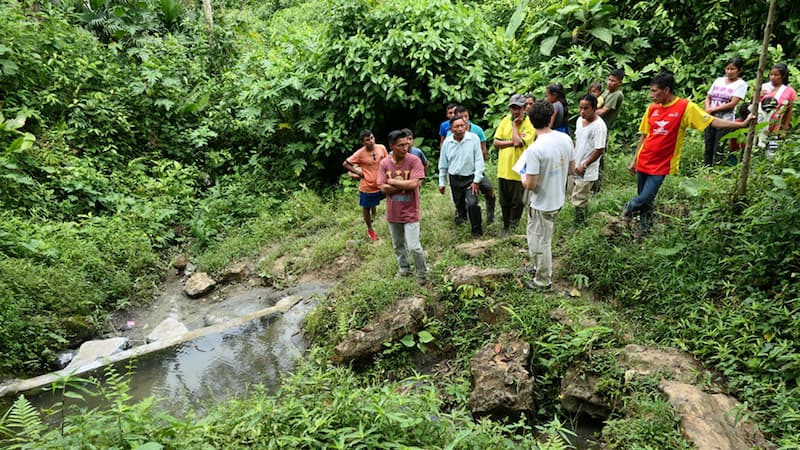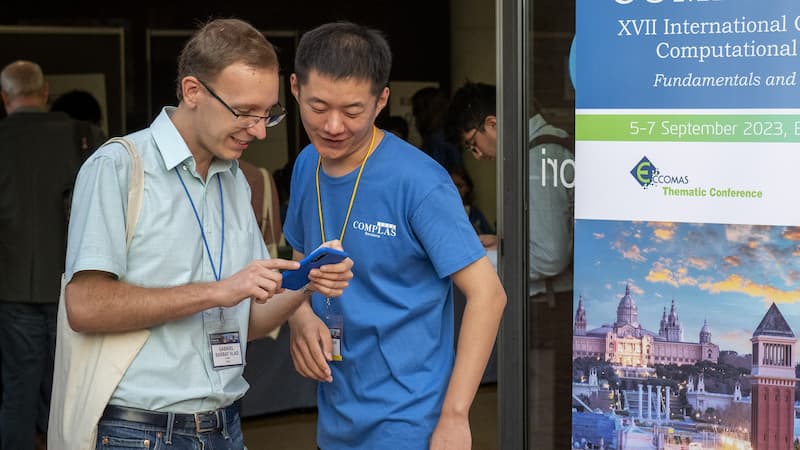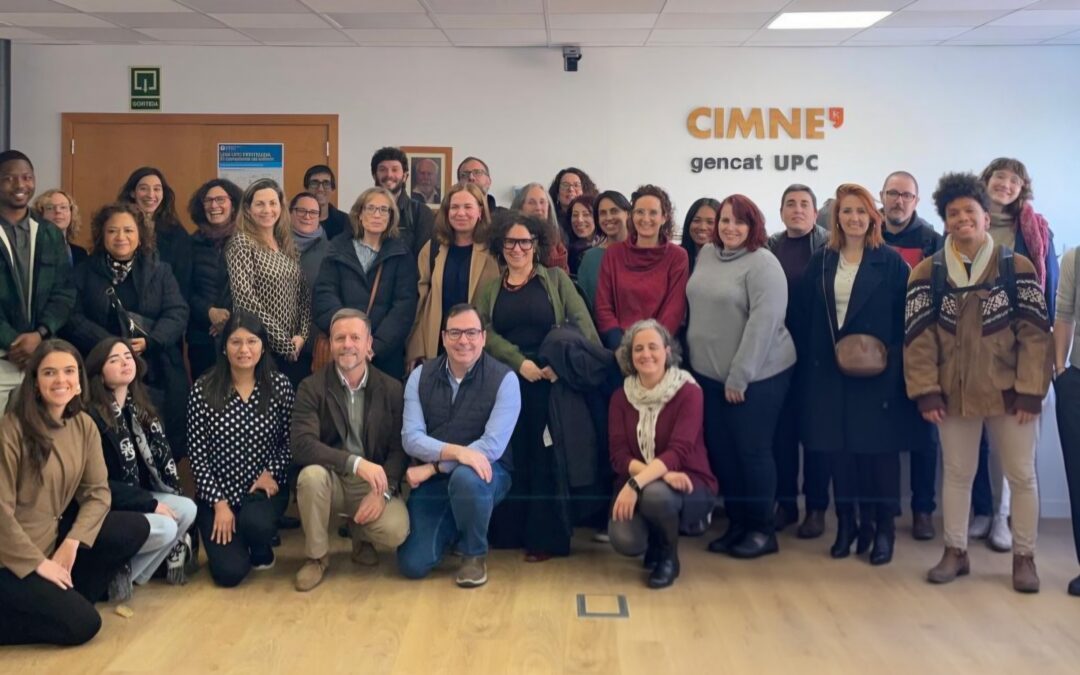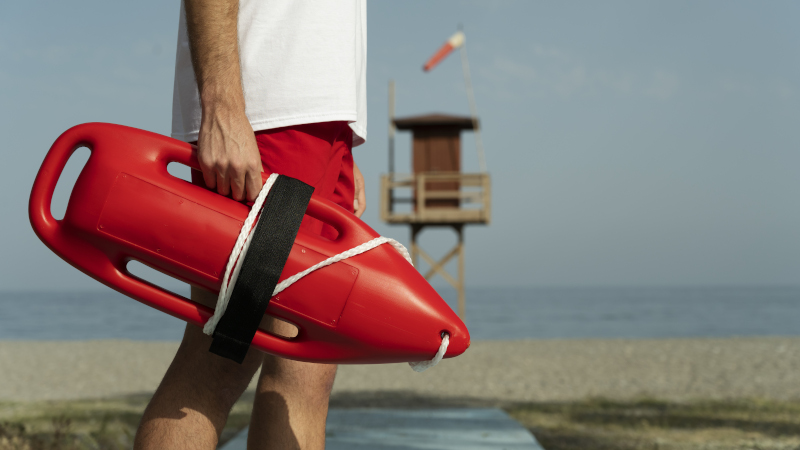
CIMNE and the Catalan company Pro-activa, with the support and encouragement of the Catalan Business Competitiveness Agency (ACCIÓ), have teamed up to create an Artificial Vision technology aimed at helping to prevent drownings at beaches. The system automatically sends alerts to lifeguard and surveillance teams so they can act in time.
The project is currently in a pilot phase on Castelldefels Beach, near Barcelona, and it will also be tested in swimming pools in the Catalan capital.
This technology has been developed as part of the LAIF project, with financial backing from ACCIÓ under its grants for business R&D. The Innovation Unit DIGIT of CIMNE — a research & innovation centre in the CERCA network, accredited as TECNIO by ACCIÓ — and Pro-activa Serveis Aquàtics, a Catalan company that manages safety in over 25 coastal municipalities in Catalonia and the rest of Spain, have both participated.
A Sustainable and Permanent Lifesaving Service
The goal of LAIF is to support lifeguard services to reduce and prevent drowning incidents at beaches and pools. Using advanced Computer Vision (CV) and Artificial Intelligence (AI), the technology can detect behaviors in aquatic environments that are compatible with drowning. Developed with CIMNE’s participation, the system will alert rescue personnel when there is a risky situation, so they can respond in time.
Beyond strengthening existing surveillance systems, the project also aims to provide coverage in areas where no lifeguards are present by creating autonomous and sustainable monitoring units powered by renewable energy. To ensure continuous safety for citizens, this surveillance and prevention service could be operational 365 days a year. That would allow public administrations to boost safety resources with more efficient investment.
In Operation at Castelldefels, Soon in Barcelona
As part of the project, a pilot has been installed at Castelldefels Beach. It consists of cameras which, using CV and AI algorithms, analyse activity in the bathing area in real time. If a situation that could pose a risk is detected, the system automatically sends an alert to a control centre, which triggers emergency protocols.
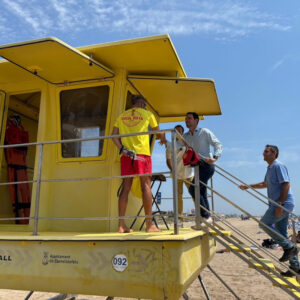
This is a support technology for human activity: “this surveillance system does not replace lifeguards or rescue personnel, rather it enhances detection of more subtle or hard-to-spot drowning risk situations, like certain health issues,” says Oriol Canals, Director at Pro-activa.
From October, a second phase will begin, testing the system in a swimming pool in the city of Barcelona.
Research With Real-World Impact
The LAIF project has managed to launch a live pilot that offers real-time response capabilities to prevent drownings thanks to AI-based technology. This initiative underscores the importance of innovation and shows how applied research can reinforce essential services — like water safety — and multiply the capacity of professionals.
CIMNE’s ICT group — part of the innovation cluster DIGIT — has been the technological partner in this project, aided by CIMNE’s tech-transfer team, which works to channel scientific knowledge into social challenges. LAIF is an example of co-creation between research institutions and companies, delivering real, sustainable solutions tailored to societal needs.

